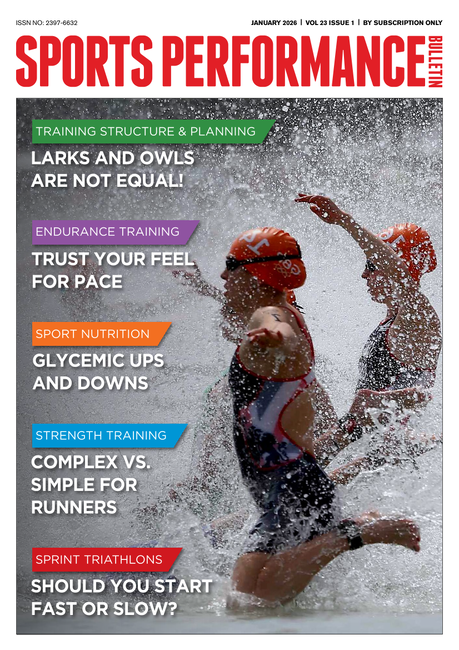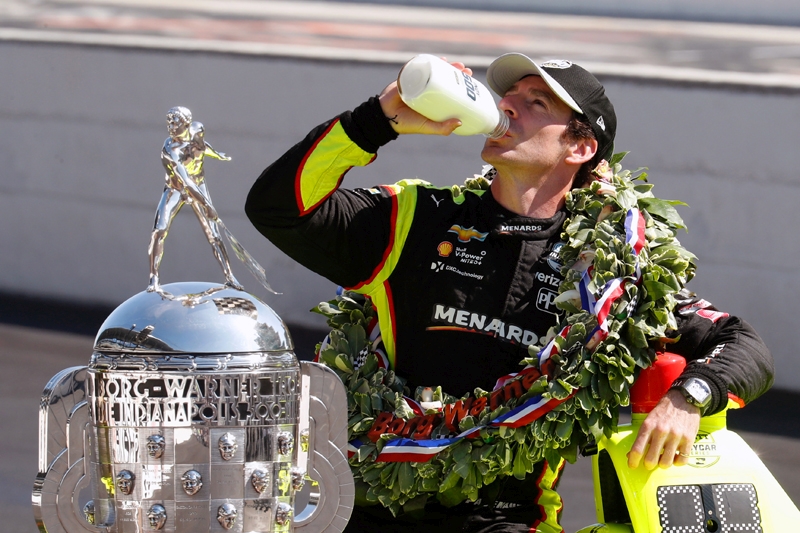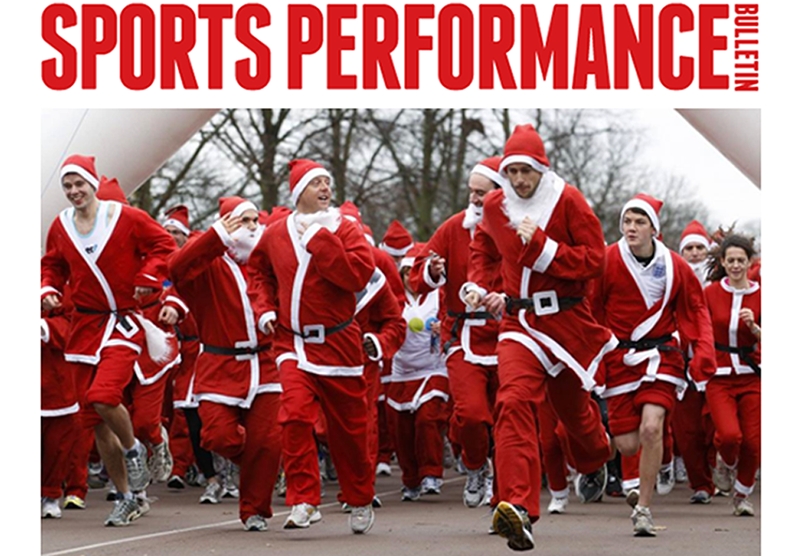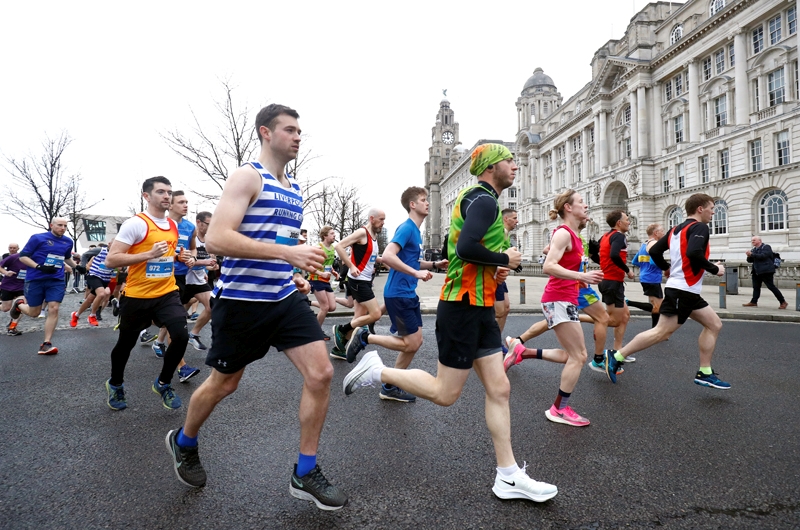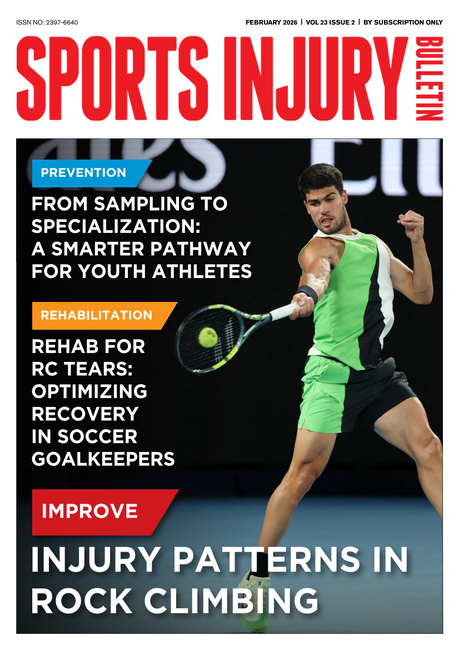You are viewing 1 of your 1 free articles. For unlimited access take a risk-free trial
Different but equals

In today’s politically correct world, we’re supposed to say that there are no differences between men and women. But as everyone knows, that’s just not true. While women and men are equals, biological science has unequivocally demonstrated that they are different in many ways, including sport performance. With a higher level of muscle mass and power-to-weight ratio, the average male athlete tends turn in faster times than his average female counterpart. But that doesn’t mean that women don’t excel – far from it. A well honed elite female runner or cyclist would leave even the best club or county male competitors for dead!
When it comes to triathlon, there’s one aspect where women are right up there with the men – transition times. In one study, researchers tracked the split times, overall race times and transition times recorded for elite triathletes competing in 'Ironman Hawaii' and in ‘Ironman 70.3’(1). In particular, they wanted to know whether these elite triathletes also improved in transition times (ie time needed between disciplines for changing clothes and equipment). What they discovered was that in 'Ironman Hawaii', transition times increased for both women and men whereas the sex difference decreased (ie men were recording longer transition times relative to the women). In 'Ironman 70.3', transition times decreased equally for both women and men. Generally, transition times were slower in 'Ironman Hawaii' compared to 'Ironman 70.3' – maybe due to the higher levels of fatigue in the longer race!
After the transition
Regardless of whether you’re a male or female triathlete, it’s not just the transition itself that can impact your overall race time – it’s the period immediately following. Probably the hardest period is when beginning the run having spent the previous hours pedalling. That’s because the body posture and patterns of neural activation in cycling and running are radically different; switching directly from cycling to running is therefore physiologically challenging, which accounts for the odd sensations and awkward running gait that many triathletes and biathletes report when beginning the run leg.The good news is that there are a number of practical strategies that you can use to enhance a bike-run transition. This is a topic that John Shepherd discusses at length in Sports Performance Bulletin. In John’s article, you can read more about the challenges of the bike-run transition, and about a number of evidence-based solutions that will maximise your performance following a bike-run transition. Just click here and all will be revealed. Don’t fear change – embrace it!
Andrew Hamilton, Sports Performance Bulletin editor
- BMC Sports Sci Med Rehabil. 2014 Oct 8;6:37
Newsletter Sign Up
Testimonials
Dr. Alexandra Fandetti-Robin, Back & Body Chiropractic
Elspeth Cowell MSCh DpodM SRCh HCPC reg
William Hunter, Nuffield Health
Newsletter Sign Up
Coaches Testimonials
Dr. Alexandra Fandetti-Robin, Back & Body Chiropractic
Elspeth Cowell MSCh DpodM SRCh HCPC reg
William Hunter, Nuffield Health
Keep up with latest sports science research and apply it to maximize performance
Today you have the chance to join a group of athletes, and sports coaches/trainers who all have something special in common...
They use the latest research to improve performance for themselves and their clients - both athletes and sports teams - with help from global specialists in the fields of sports science, sports medicine and sports psychology.
They do this by reading Sports Performance Bulletin, an easy-to-digest but serious-minded journal dedicated to high performance sports. SPB offers a wealth of information and insight into the latest research, in an easily-accessible and understood format, along with a wealth of practical recommendations.
*includes 3 coaching manuals
Get Inspired
All the latest techniques and approaches
Sports Performance Bulletin helps dedicated endurance athletes improve their performance. Sense-checking the latest sports science research, and sourcing evidence and case studies to support findings, Sports Performance Bulletin turns proven insights into easily digestible practical advice. Supporting athletes, coaches and professionals who wish to ensure their guidance and programmes are kept right up to date and based on credible science.


